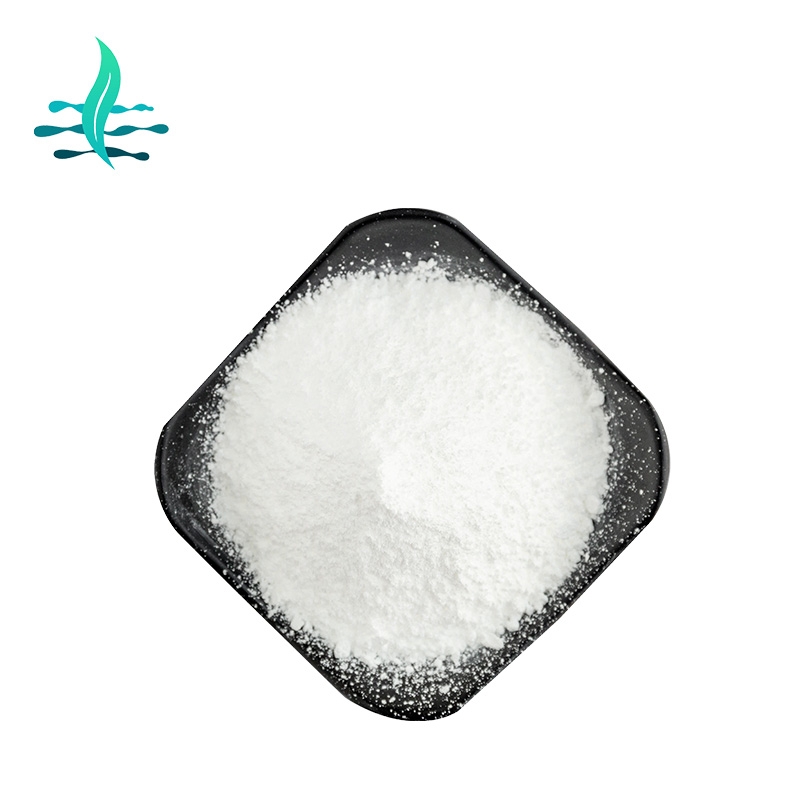-
Categories
-
Pharmaceutical Intermediates
-
Active Pharmaceutical Ingredients
-
Food Additives
- Industrial Coatings
- Agrochemicals
- Dyes and Pigments
- Surfactant
- Flavors and Fragrances
- Chemical Reagents
- Catalyst and Auxiliary
- Natural Products
- Inorganic Chemistry
-
Organic Chemistry
-
Biochemical Engineering
- Analytical Chemistry
-
Cosmetic Ingredient
- Water Treatment Chemical
-
Pharmaceutical Intermediates
Promotion
ECHEMI Mall
Wholesale
Weekly Price
Exhibition
News
-
Trade Service
9-([1,1-biphenyl]-3-yl)-9H-carbazole, also known as BCP, is a synthetic organic compound that has a wide range of applications in the chemical industry.
One of the most notable applications of BCP is in the field of electronics, where it is used as a material in organic light-emitting diodes (OLEDs) and solar cells.
In OLEDs, BCP is used as a host material to emit light.
The material is incorporated into the OLED's emissive layer, where it serves as a matrix for the light-emitting material.
BCP has several advantages as a host material, including its high carrier mobility, which allows for efficient light emission, and its high thermal stability, which helps to maintain the performance of the OLED over time.
BCP is also used in solar cells, where it is incorporated into the cell's photoactive layers.
The material's ability to absorb light and convert it into usable energy makes it an ideal component for solar cells.
BCP has been shown to improve the efficiency of solar cells, making them more effective at converting light into electricity.
In addition to its applications in electronics, BCP also has a number of other important uses in the chemical industry.
One such application is in the field of pharmaceuticals, where BCP is used as a building block for the synthesis of new drugs.
The compound's unique chemical properties make it an attractive starting point for drug development, and its use in this field is expected to grow in the coming years.
Another important application of BCP is in the field of materials science, where it is used as a building block for the development of new polymer materials.
BCP is incorporated into polymers to improve their mechanical properties, such as tensile strength and elongation, and to enhance their thermal stability and chemical resistance.
These new polymer materials have a wide range of applications, including in the production of packaging materials, textiles, and construction materials.
BCP is also used in the field of chemical synthesis, where it is used as a catalyst for the polymerization of monomers.
The compound's unique chemical properties allow it to catalyze the formation of polymers with specific properties, such as high molecular weight or narrow molecular weight distribution.
These properties make BCP an essential component in the production of many different types of polymers, including polycarbonates, polyesters, and polyurethanes.
In conclusion, 9-([1,1-biphenyl]-3-yl)-9H-carbazole, or BCP, is a versatile and important compound with a wide range of applications in the chemical industry.
Its use in electronics, pharmaceuticals, materials science, and chemical synthesis has made it an essential component in the production of many different products and materials.
Looking forward, it is expected that the demand for BCP will continue to grow, as its unique properties and applications continue to be discovered and developed.






